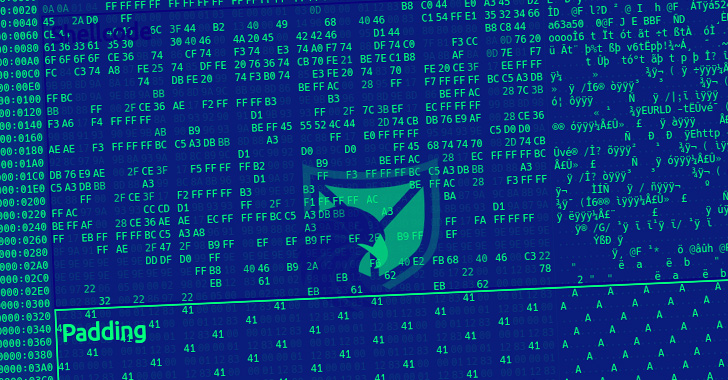Multiple Russian influence networks have been running disinformation and influence campaigns since May designed to sow division in the West over its support for Ukraine, according to Recorded Future.
A group of 29 areas that represent a high risk in terms of vulnerability, abuse of power, mismanagement, or need for drastic changes was analyzed in a new report produced by the Federal Audit Court (TCU).
After the cyberattack, SHI added a message to its website warning customers and visitors that its information systems were undergoing maintenance due to a “sustained outage.”
Microsoft warned of the toll fraud malware threat that targets Android users to drain their wallets by automatically subscribing them to premium services. Toll fraud works over Wireless Application Protocol (WAP) that allows consumers to subscribe to paid content. To stay protected from toll fraud malware, users are recommended to ensure that they download apps […]
“Through malicious document files and intermediate malware stages the threat actors conduct espionage by deploying Remote Access Trojans,” cybersecurity firm SECUINFRA said in a new write-up published on July 5.
An investigation into cybersecurity at UK public services revealed a large disparity in defense budgets, hundreds of website vulnerabilities, and staff email addresses and passwords at one council posted in full online.
The ransomware has been called ‘RedAlert’ based on a string used in the ransom note. However, from a Linux encryptor obtained by BleepingComputer, the threat actors call their operation ‘N13V’ internally, as shown below.
Palo Alto Networks Unit 42’s analysts assert that the malware was spotted in May 2022 and contains a malicious payload that suggests it was created using a tool called Brute Ratel (BRC4).
Researchers observed multiple samples of the malware in the wild, making it an active threat. The threat focuses on stealing sensitive browser data and cryptocurrency wallets, and it comes as the Pentagon has raised concerns about the blockchain.
The Fars agency later reported that the attack hit one of the companies involved in the construction of the Tel Aviv Metro. Sabareen, a militant Palestinian group, claimed the attack through its Telegram channel.









